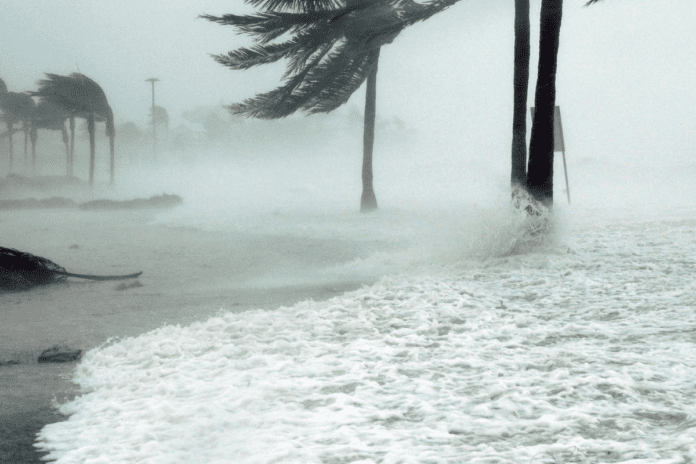Hurricanes are powerful and unpredictable natural disasters that can cause widespread damage in just a few hours. While meteorologists can often predict when a hurricane might hit, preparing for it ahead of time is crucial to ensuring the safety of your family, home, and belongings. In this guide, we’ll cover everything you need to know to be ready when a hurricane comes your way.
1. Create a Hurricane Emergency Plan
A well-thought-out emergency plan is the first step in being prepared. Here’s what you should do:
- Evacuation Plan: Know the evacuation routes in your area and identify a safe place to go if authorities recommend evacuating. Choose a location that’s out of the storm’s projected path, and ensure everyone in your household knows how to get there.
- Communication: Establish a family communication plan. Designate a relative or friend who lives outside the storm zone as your emergency contact. Make sure everyone has their phone numbers written down in case phone batteries die.
- Pet Preparedness: Don’t forget your pets. Find out which shelters or hotels will allow animals in case you need to evacuate.
2. Stock Up on Supplies
You should have enough supplies to last for at least 72 hours after the storm. Here’s a list of essentials:
- Water: At least one gallon per person per day.
- Food: Non-perishable items like canned goods, protein bars, and dry foods.
- First Aid Kit: Include essential medications, bandages, antiseptics, and medical supplies.
- Flashlights and Batteries: Power outages are common during hurricanes, so have flashlights and extra batteries on hand.
- Power Banks: Keep your devices charged by having power banks ready.
- Important Documents: Place important paperwork (insurance policies, IDs, property deeds) in a waterproof container or digital storage.
3. Prepare Your Home
Your home is your biggest line of defense, and taking steps to protect it can reduce the risk of damage.
- Board Up Windows: Use hurricane shutters or plywood to protect windows and glass doors from flying debris.
- Secure Loose Items: Bring in any outdoor furniture, trash cans, and other items that could become dangerous projectiles in high winds.
- Reinforce Garage Doors: Garage doors are particularly vulnerable to high winds. Reinforcing them can prevent structural damage.
- Trim Trees: Prune trees and remove weak branches that could break off during the storm.
4. Know When to Evacuate
Pay attention to local authorities and evacuate if ordered to do so. Waiting too long can put you at risk of getting caught in dangerous conditions. Here are some signs that you should evacuate:
- You’re in a flood zone: If you live in a low-lying area or near a coastline, you should evacuate early.
- Storm surge warnings: If there’s a potential for a storm surge, which can cause severe flooding, evacuate as soon as possible.
- You’re in a mobile home: Even if you’re not in a flood zone, mobile homes may not withstand hurricane-force winds, making it unsafe to shelter in place.
5. Stay Informed
Stay tuned to local news, weather alerts, and official government advisories. Resources like the National Hurricane Center, FEMA, and local emergency services will provide timely updates on the storm’s path and intensity.
- Weather Apps: Download apps like FEMA, the Red Cross, or your local news station to receive real-time alerts.
- NOAA Weather Radio: In case of power loss, having a battery-powered or hand-crank NOAA weather radio is essential for getting updates.
6. After the Storm: Safety First
After the hurricane has passed, it’s important to take steps to stay safe.
- Avoid Floodwaters: Don’t walk or drive through flooded areas, as water may be contaminated or hide downed power lines.
- Inspect Your Home: Check for structural damage, but be cautious of loose debris and downed electrical wires.
- Document Damage: Take photos of any damage for insurance claims and make temporary repairs to prevent further issues.
- Stay Away from Power Lines: Report any downed power lines to the authorities immediately.
Final Thoughts
Being prepared for a hurricane can save lives and minimize the impact of the storm on your home and belongings. By having an emergency plan, stocking up on essentials, securing your property, and staying informed, you’ll be in a much stronger position to weather the storm safely. Remember: it’s always better to prepare sooner rather than later.
Stay safe, stay informed, and be prepared!





